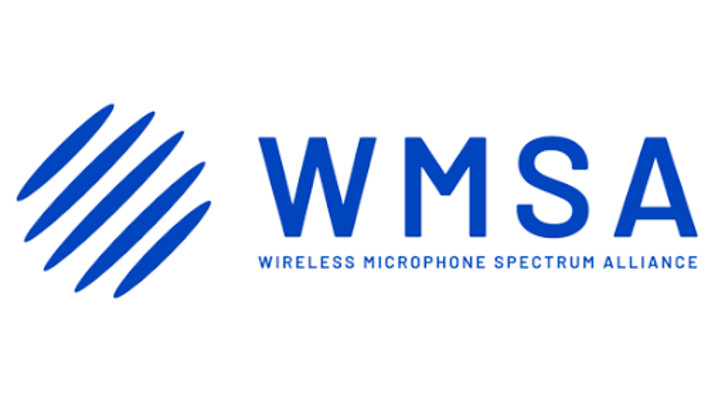Commission revisits media ownership rules
The professional video industry's #1 source for news, trends and product and tech information. Sign up below.
You are now subscribed
Your newsletter sign-up was successful
The FCC once again has taken up the contentious issue of media ownership with the adoption June 21 of a Further Notice of Proposed Rulemaking aimed at addressing issues raised in 2004 by the U.S. Court of Appeals for the Third Circuit.
Two years ago, the appeals court stayed and remanded several rules commission rules adopted as part of the 2002 Biennial Review Order of media ownership rules. The action also begins the quadrennial review of media ownership rules mandated by Congress.
The rulemaking notice seeks comment on rules the appeals court remanded in the Prometheus v. FCC case.
Specifically, the commission wants comments on:
- whether it should revise common ownership limits on stations in one market set up as part of the 2002 Biennial Review Order, or is there now evidence or analysis the commission can use to justify the limits
- whether or not a revision of the number of stations one entity can own should be revised, or is there now evidence available to justify the commission’s previously set limits
- what approach the commission should take regarding radio/television and newspaper/broadcast cross ownership.
The commission also seeks comment on minority ownership proposals and the dual network rule.
The media ownership rules stemming from the 2002 review were highly contentious. Media concentration and potential stifling of local voices on the media landscape helped to mobilize a massive campaign to turn back the rules. Commissioners Michael Copps and Jonathan Adelstein set up a series of forums around the country where the public could voice its concern.
Seeking to avoid a similar path, FCC Chairman Kevin Martin acknowledged that concern over maintaining local voices will be a consideration in upcoming rule making. The commission “should take into account the competitive realities of the media marketplace while also ensuring the promotion of the important goals of localism and diversity,” he said.
The professional video industry's #1 source for news, trends and product and tech information. Sign up below.
The FCC will study “unanswered questions” related to the impact of media ownership. The studies, which have a total budget of $200,000, will examine:
- how people get news and information
- competition within types of media and across media platforms
- marketplace changes since the commission last reviewed its ownership rules
- localism
- minority participation in today’s media environment
- independent and diverse programming in today’s media environment
- the impact of ownership on the production of children’s and family-friendly programming.
For more information, visit: www.fcc.gov.
